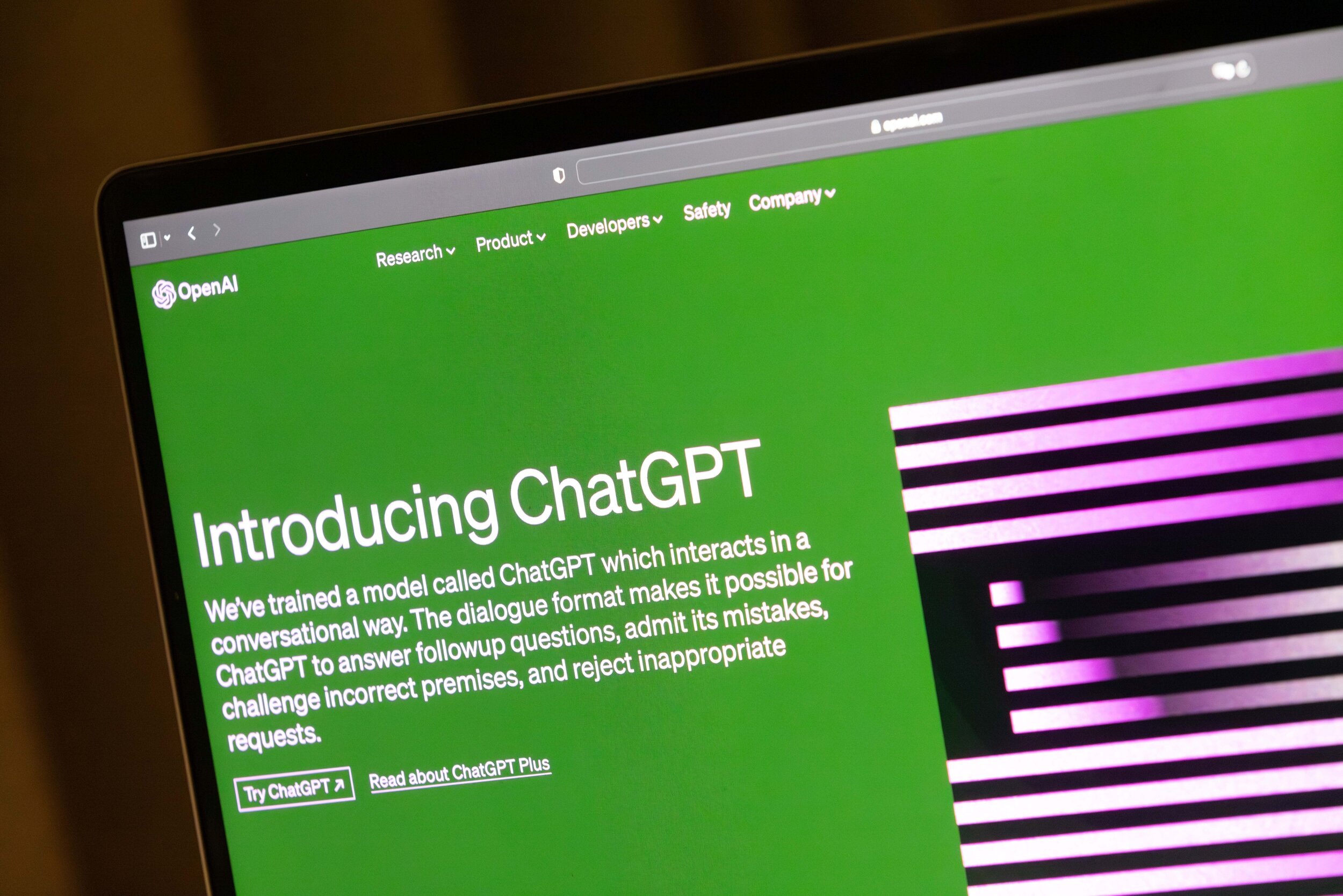OpenAI announces the development of a new AI model excelling in creative writing.

Sam Altman’s Insights on AI and Creative Writing
Sam Altman, the CEO of OpenAI, recently shared a significant update regarding a new ChatGPT model that he claims excels in creative writing. In a post on X, he showcased a “metafictional short story” entirely produced by AI, stating he was genuinely impressed for the first time by machine-generated writing. This announcement has sparked discussions about the capabilities of AI in the realm of creativity.
The Evolution of AI Writing
AI technology has made remarkable strides, particularly in mimicking human writing styles. However, it’s essential to note that despite its advancements, AI fundamentally remains a tool that imitates patterns found in the vast amounts of text it has been trained on.
- AI Writing Capabilities: It can generate text that sounds coherent and well-structured.
- Limitations: AI lacks intrinsic human experiences, which are essential for creating truly impactful writing.
The Essence of Great Writing
What distinguishes great writing goes beyond grammar and vocabulary. Truly exceptional writing conveys feelings, shares personal experiences, and fosters connections. These elements stem from being human—something AI cannot replicate.
- Emotion: Great writing resonates with readers because it is laced with genuine emotion. A writer’s ability to express feelings like joy, sorrow, nostalgia, and loss brings stories to life.
- Personal Experience: Each writer has a unique background that shapes their perspectives, offering insights that AI cannot simulate. For instance, AI does not experience heartbreak, love, or fear, reducing its ability to resonate deeply with readers.
The Impact of Emotion in Storytelling
One of the strongest connections readers form with stories is through empathy. Readers relate to characters and their journeys because they can feel the emotions infused by the author. This emotional depth is what makes literature, poetry, and screenplays linger in our minds.
- Character Connection: Readers empathize with characters’ struggles since they can relate these struggles to their own life experiences.
- AI’s Deficiency: While ChatGPT can produce text that is grammatically correct and contextually relevant, it falls short in generating the necessary emotional weight that resonates with audiences.
Practical Uses of AI Writing
While AI-generated text has notable shortcomings in the literary world, it does have its utility in several areas:
- Generic Content Creation: AI can effectively draft blog posts, basic summaries, and marketing copy that require clarity and straightforwardness.
- Assistance in Drafting: For quick brainstorming or overcoming writer’s block, AI can aid human writers by providing ideas or structures.
Despite these applications, there are concerns about overreliance on AI to replace human writers in creative fields such as novel writing, journalism, and poetry. This could lead to an oversaturation of writing that lacks genuine human insight.
The Unlikelihood of AI Crafting a Masterpiece
Many are curious if AI could ever write a novel or a screenplay that wins prestigious awards. The general consensus leans toward skepticism.
- Essence of Creativity: Great works often include elements of human emotion and creativity that AI cannot produce. Such profound expressions require more than just language; they require lived experiences and heartfelt stories.
- Emotional Nuance: Many writers draw upon their own struggles, triumphs, and journeys to create compelling narratives. This depth is beyond the reach of algorithms and datasets.
As the technology evolves, the conversation around AI in writing continues. While the capabilities of models like ChatGPT are impressive, their lack of emotional authenticity and human touch remains a critical barrier to truly creative writing.





